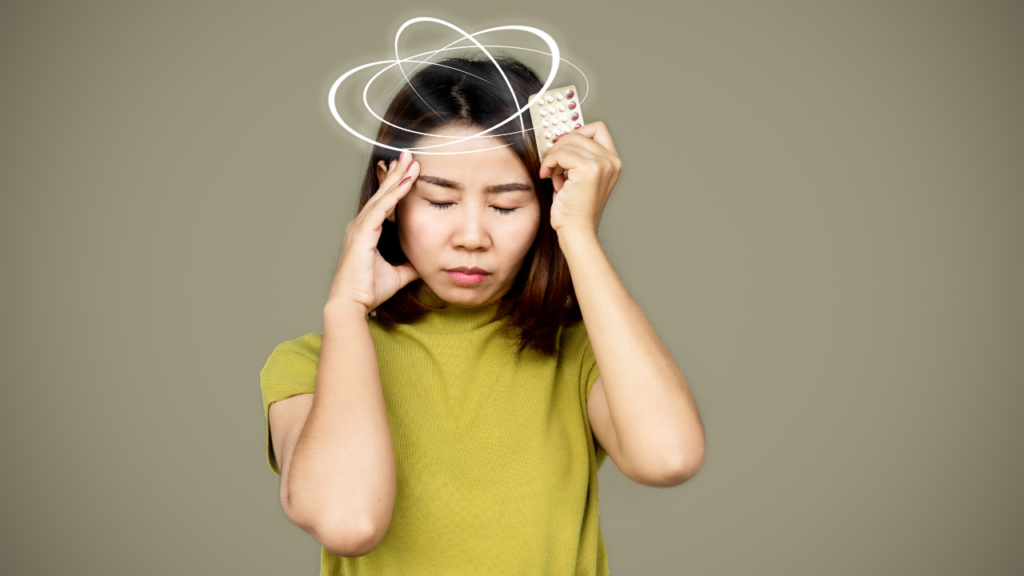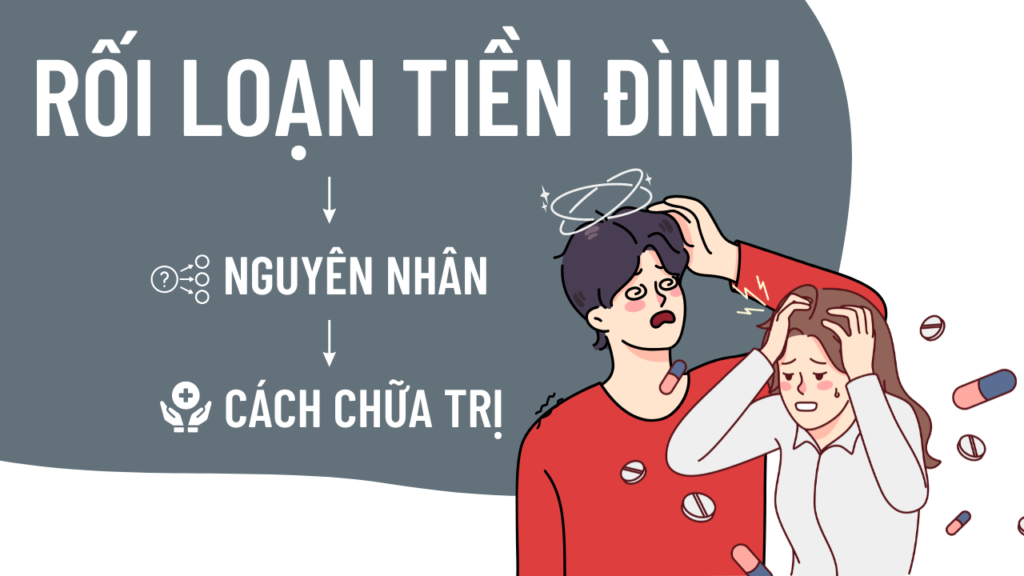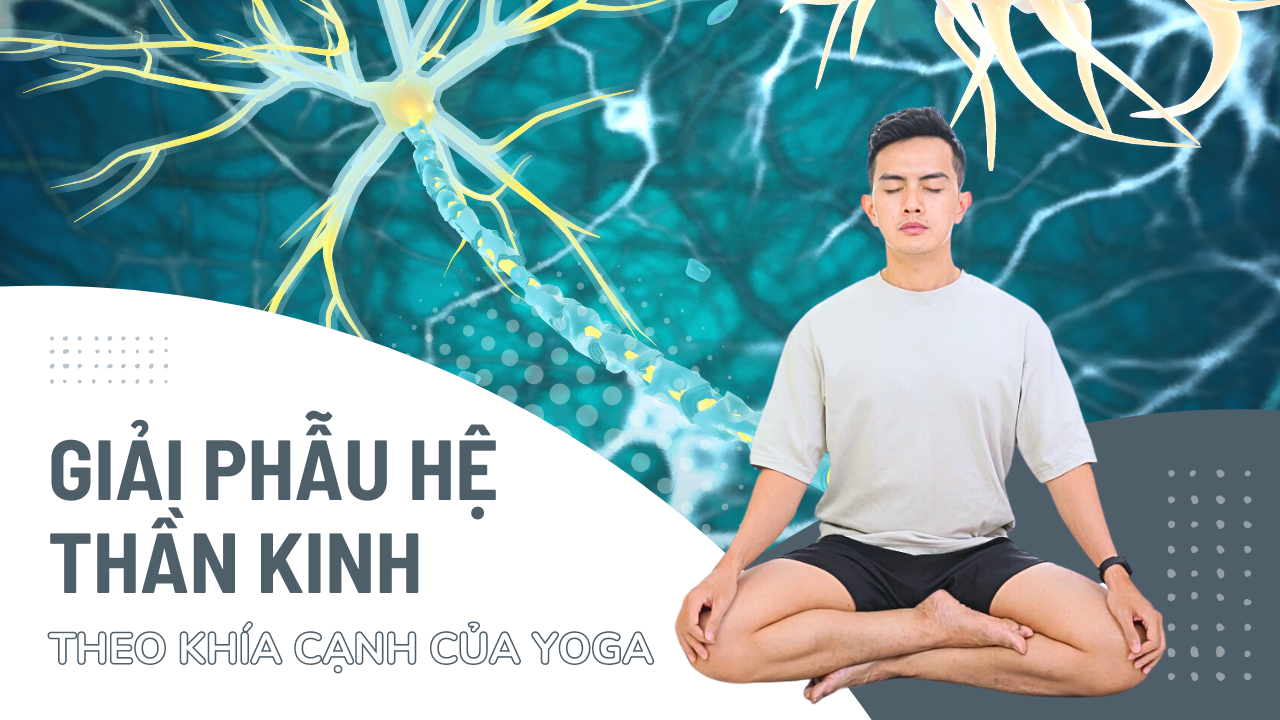Vestibular disorders are a common health problem affecting millions of people around the world. Vestibular disorders can occur at any age and affect both men and women. In this article, we will learn about vestibular disorders, common symptoms, causes and effective treatment for this problem.
Vestibular dysfunction is what?

A link between the inner ear and the brain helps you balance when getting out of bed or walking on rough ground. This is called your vestibular system. If an illness or injury damages this system, you may have a vestibular disorder.
Vestibular disorders are a type of disorder that affects the sensory system in the ear, causing symptoms such as dizziness, a feeling of rotation, and loss of balance.
The vestibular system in the ear is responsible for helping the body sense our balance and position in space. When this system is disturbed, our balance and position can be affected, causing uncomfortable symptoms and affecting quality of life.
Is this vestibular problem dangerous?
Vestibular disorders are usually not life-threatening. In most cases, it's just a symptom of other problems in the body, such as problems with the ears, heart, nerves, or joints.
However, if DR symptoms are strong or persist for a long time, it can be dangerous. For example, if a person gets DR while driving or working in a hazardous environment, it can cause a serious accident.
In addition, ED can affect the psychological health of the patient. If symptoms occur frequently, the person may become fearful and avoid activities that may trigger symptoms. This can reduce a person's quality of life and cause a number of other psychological problems such as anxiety and depression.
In general, this is not a serious illness, but it can have negative effects on the health and life of the patient. Therefore, if you experience common symptoms, consult your doctor for appropriate evaluation and treatment.
Who can get vestibular disorders?
ED is a disorder of the body's balance that can happen to anyone of any age and gender. However, according to research, the elderly and women are at higher risk than men and young people.
First, hormonal changes in a woman's body can affect the vestibular system. For example, during the menstrual cycle, the body produces large amounts of the hormone estrogen, which can affect the vestibular system and increase the risk.
Second, research shows that women often have lower levels of central nervous system activity than men, which can lead to an imbalance in the vestibular system and an increased risk of the disorder. vestibule.
Causes of vestibular disorders
Old: As they age, their vestibular system can weaken, leading to vestibular dysfunction.
Autoimmune disorders: Disorders such as autoimmune inner ear disease (AIED) can cause vestibular dysfunction.
Benign paroxysmal postural vertigo (BPPV): BPPV is caused by displacement of calcium crystals in the inner ear, leading to dizziness.
Infection or inflammation of the inner ear: They can occur as a result of a bacterial or viral infection, leading to conditions such as vestibular neuritis.
Head injury: A head injury or problem that originates in your brain can damage the vestibular system.
Meniere's disease: This condition is caused by excess fluid buildup in the inner ear, leading to symptoms such as dizziness, ringing in the ears, and hearing loss.
Ear toxicity: Certain medications, such as antibiotics and chemotherapy drugs, can damage the inner ear and lead to vestibular dysfunction.
Migraine headache: Migraines can cause vestibular symptoms, such as dizziness and lightheadedness.
Symptoms of vestibular disorders
Symptoms of balance disorders in the sensory nervous system include:
- Dizzy
- Feeling out of balance
- Feeling like you're floating or like the world is spinning
- Blurred eyes
- Easy to fall or stumble
- Sensitivity to light or sound
- Sleep disturbance or feeling tired
Some less common symptoms include:
- Nausea
- Diarrhea
- Vomiting
- Concerned
- Scared
- Change heart rate
These symptoms can last minutes or hours and can happen suddenly or often. If your vestibular symptoms cause insecurity, see your doctor for an accurate examination and diagnosis.
How to treat vestibular disorders?
Treat the underlying cause: If the condition is caused by an underlying condition, treating the underlying condition can help relieve symptoms of a vestibular disorder.
Lifestyle changes: You can relieve some symptoms by making changes to your diet and activity. This includes quitting smoking or avoiding nicotine.
Surgery: When medications and other treatments fail to control your symptoms, you may need surgery. The procedure depends on the underlying cause of the disorder. The goal is stabilization and rehabilitation of the inner ear.
Vestibular rehabilitation: This is a series of exercises and physical activities designed to help improve vestibular system function and reduce symptoms of DR.
Other methods: Other methods such as yoga, tai chi, and acupuncture can also be used to help relieve symptoms of DR. However, these methods only work to help the healing process go more smoothly and effectively.
Nguyen hopes that the above sharing will be effective for your vestibular disorder and help make the right choice in treatment! In addition, Nguyen has many posts about Yoga and Health. Everyone please support and look forward to Nguyen in the near future!
References
https://www.hopkinsmedicine.org/health/conditions-and-diseases/vestibular-balance-disorder
https://www.webmd.com/brain/vestibular-disorders-facts
https://my.clevelandclinic.org/health/diseases/15227-vestibular-neuritis
https://www.healthline.com/health/vertigo
https://www.webmd.com/brain/vertigo-symptoms-causes-treatment



